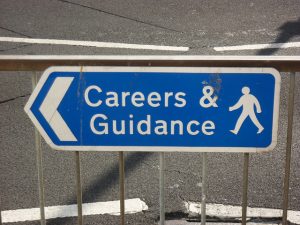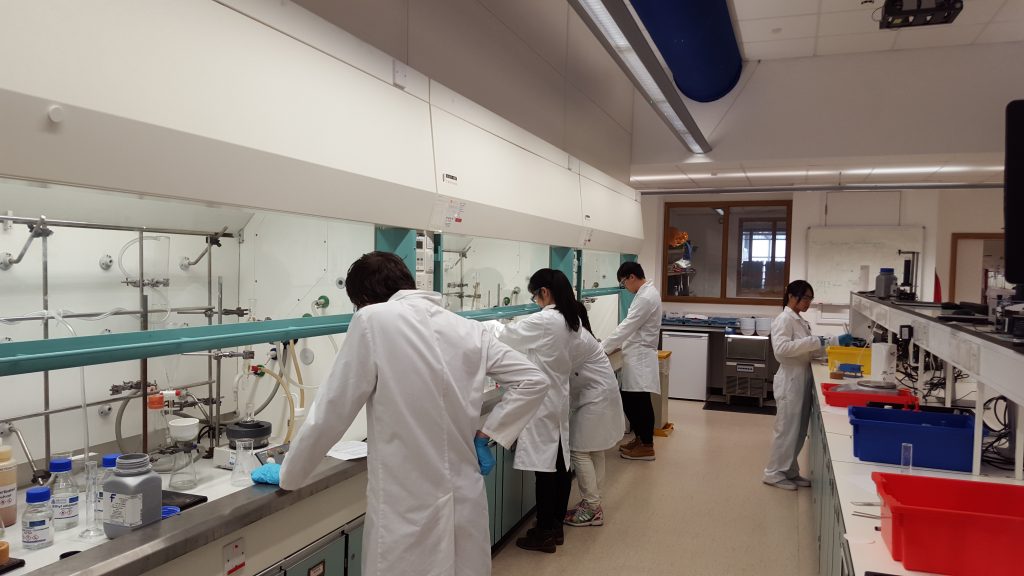
Dr Jo Rose, Senior Lecturer in Education, Bristol University
There are many bright young people who come from disadvantaged family or school contexts where university attendance is not the norm.
As part of the High-Potential Learners Project, we investigated how these young people could be supported in making decisions about university. In particular, we wanted to know how to encourage high-achieving young people to consider the highly-selective, research-intensive, Russell Group universities as an option.
Over a period of two years, we worked with a group of 44 sixth-form students from schools across Bristol, to understand how and why they made decisions about university. We also analysed a large-scale, nationally-representative dataset of 2290 high-attaining learners who had turned 18 in 2009/10.
Our project found that school context was highly important with regards to subsequent university attendance, and identified some of the ways in which schools and universities can work together to support students’ decision-making.

Credit – Pixabay
A-level choice is crucial
Students who choose subjects such as English, Maths or Biology, are much more likely to apply to Russell Group universities. (These subjects are known as ‘facilitating subjects’, so-called as they are the most commonly required by universities to get on to a range of degree courses).
Often students take a range of A-level subjects to “keep their options open”, without realising that taking facilitating subjects would enable them to apply to a wider range of university courses. Moreover, as GCSEs precede A-levels, the choice of GCSE subjects and grades is also important.

Credit – Pixabay
Schools can develop students’ confidence in thinking about university
When students make decisions about universities, they are influenced by their family and by their school. Many students in our study only knew one or two people who had been to university; many families have little experience of university, and thus the students have limited awareness of the possibilities in terms of university courses and career options. Therefore, the role of schools in introducing students to the language and culture of higher education is pivotal.
Students need to understand:
- the range of universities and courses that are available
- the range of careers that these courses can lead to
- differences between universities and between the courses they offer
- how to apply to university, and what universities require from applicants
- how they can fund university attendance
- differences between university and school
Schools need to understand the family context and culture of their students, and to discuss life aspirations and available options with students’ families.

Credit – Andrew Bowden/Flickr.com
Schools need to time advice to coincide with “crunch points” in decision-making
There are several key points in the decision-making process about university. These include:
- choice of A-levels
- choice of degree subject
- receiving predicted A-level grades
- making UCAS applications
- receiving offers from universities
Schools can support students’ decision-making through sustaining student relationships with staff responsible for university applications, and holistic support through these crunch points in the process.

Participants at the Winter Chemistry Camp, January 2016. The camp is run by Bristol ChemLabS Schools Laboratory Programme, where school students can attend residential chemistry workshops at Bristol University.
School-university partnerships help students’ confidence
In our study, sixth-form students who had spent time in different universities were notably more confident in making decisions about university applications.
Strong relationships between schools and universities can help students find out more about university, and provide support for schools to help students navigate the decision-making process. As a result, teachers with special responsibility for school/university relationships should ensure that opportunities to visit different universities are made available for students.
More about the project
In the High-Potential Learners Project, we analysed data from two groups of students.
We worked with a contemporary group of 44 sixth-form students during 2013/14 and 2014/15, to understand how and why they made decisions about university.
We also analysed a large-scale, nationally-representative dataset of 2290 high-attaining learners who turned 18 in 2009/10. This helped us understand what influenced the likelihood of attending a Russell Group university.
The richness of these two datasets enabled us to understand the decision-making process in considerable detail.
Obviously grades achieved at A-level, and prior to that at GCSE, were the most important predictors of Russell Group attendance.
However, for high-attaining students, there are still many ways in which schools can support the university application process and ensure that high-attaining students from disadvantaged backgrounds see Russell Group universities as a place for them.
You can read the policy briefing on this topic here.
